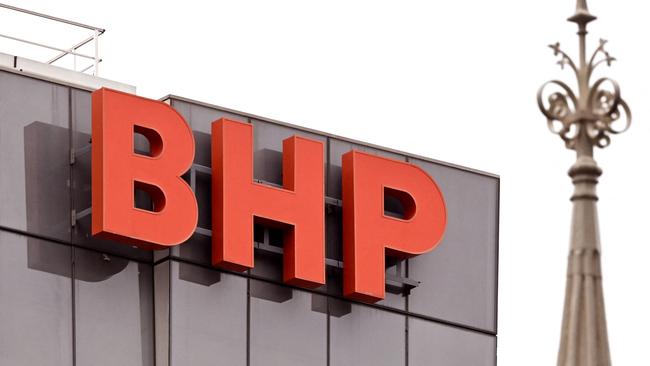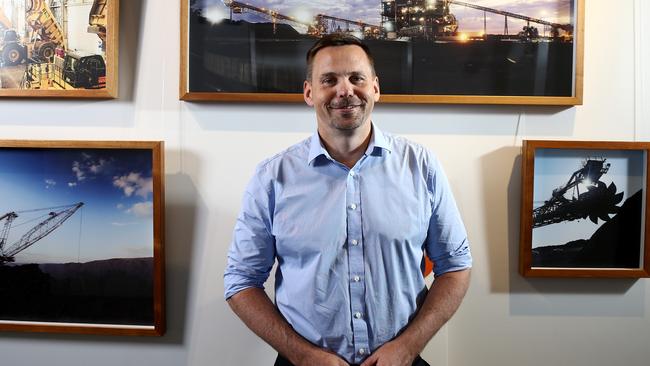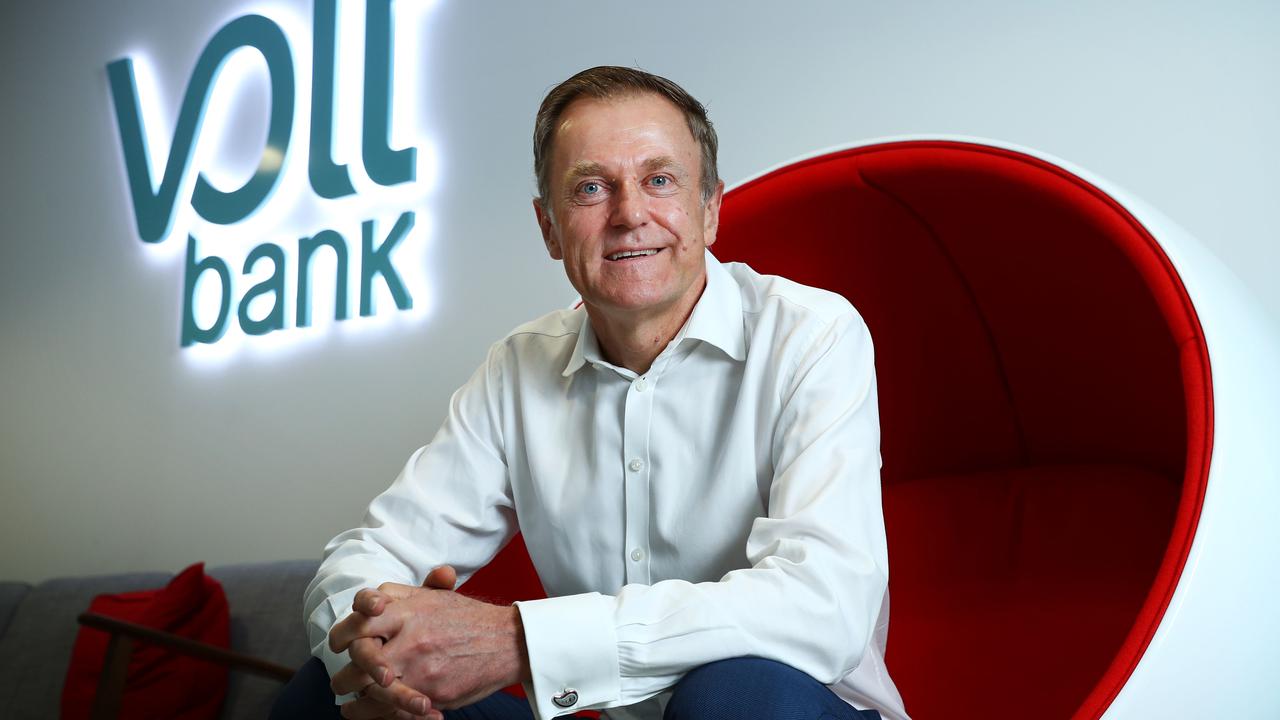
Welcome to the 2024 mining boom, which is different to anything we have seen before.
It is a boom that will become integrated into politics, emissions, electrification and a new era in shareholder communications that is now spreading into the ASX 200.
The new boom metal is uranium. Markets can be wrong, but the big money believes that nuclear energy is an essential component to combat emissions at an affordable price.
Uranium share prices are rising because the jump in the price of uranium changes the economics of uranium mining.
Two mining minnows have skyrocketed, boosted by recent statements from their chief executives to shareholders.
The uranium boom says Resources Minister Chris Bowen is wrong on nuclear.
But don’t look for uranium in Western Australia. Deposits there are useless because the state bans uranium exports.
South Australia already exports uranium and wants to export more, so there is lots of exploration taking place. It is a key co-product in BHP’s South Australian copper reserves.
Now to the minnows.
Shares in Australian Rare Earths have been hammered because the price of rare earths has been slashed in the wake of Chinese-driven “nickel-style” overproduction to stop new projects and retain Chinese market dominance.
But in the last week, the company made two announcements which doubled its share price: one was about drilling for uranium in South Australia and the second about increased reserves of rare earths.
Although the content of the announcements was important, of wider significance was the fact that Australian Rare Earths shareholders – plus all those who clicked on the ASX – could watch a video of chief executive Travis Beinke describing his strategy via the InvestorHub network. And if they registered, shareholders could ask questions.
Element 25 announced it had been selected for award negotiations for a $US166m grant from the US Department of Energy to support the construction of its proposed battery-grade high-purity manganese sulphate monohydrate facility in Louisiana.
Chief executive Justin Brown communicated with his shareholders in the same way as Beinke. Its shares jumped around 60 per cent.
The two situations add a communication element to the mining boom that we have never seen in previous booms.
There are obvious risks in applying this new era of shareholder communication to a mining boom, but in the process it will force chief executives of large and small companies to re-examine their current antiquated small shareholder communication strategies.
Australia is leading the world in shareholder communication, with Britain now joining our InvestorHub network.
In all sectors of the sharemarket in the past small investors have had to rely on information from companies that was designed for the professionals.
There was no access to the CEO. Now they can ask questions via email.
But registering to be able to ask questions involves providing share details, including whether they have documented sophisticated investor status, which requires an income of $250,000 and/or assets including the family home of $2.5m.
Currently, listed company shareholders can buy stock on the market every day of the week, but when their company makes a share placement – usually with a raft of new disclosures – they are excluded via antiquated rules.
Traditionalists will say that wider access to placements increases vulnerability in a mining boom, but the argument doesn’t have validity given they can buy shares on any other day using the ASX.

Many more Australians are now set to have the choice of participating in share placements, which changes the game for small shareholders in all listed companies – not just small mining companies. BHP will probably say it is too large to join the InvestorHub network, but this week small shareholders in BHP would have loved the opportunity to watch a video of BHP’s chief commercial officer Rag Udd reinforcing its long-term strategy and explaining the enormous amounts of capital that will need to be raised in the mining industry. Long term, BHP will be part of that raising and will need to either join InvestorHub or develop its own mechanism to harness the capital power of a much wider group of shareholders than the superannuation funds.
BHP’s message via Rag Udd was: “as we look towards 2050, we see a 70 per cent surge in global copper demand to 50 million tonnes annually, driven by copper’s role in existing and emerging technologies, and in the world’s decarbonisation aspirations.
“Global annual mined supply will need to grow by around 10 million tonnes over the next decade. To bridge this gap, we estimate the cumulative cost to be a quarter of a trillion dollars.
“This is a formidable challenge that will require significantly more investment globally than what we have seen over the previous decade. Our latest research shows Latin America, Africa and the Asia-Pacific region, including Australia, have the opportunity to be dominant in delivering this supply growth.”
BHP did not add that its Australian copper, includes the boom element uranium, perhaps not wanting to create controversy.



